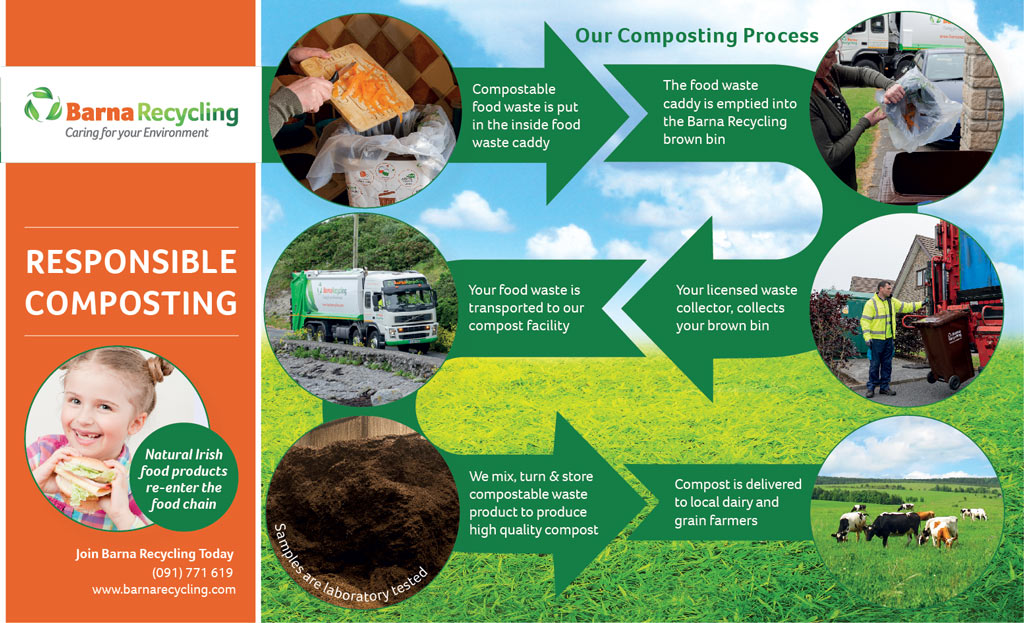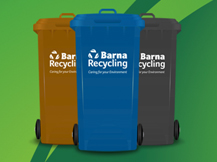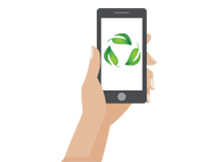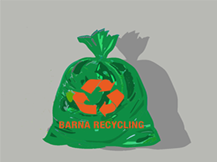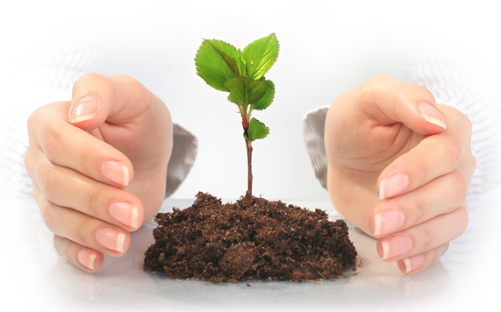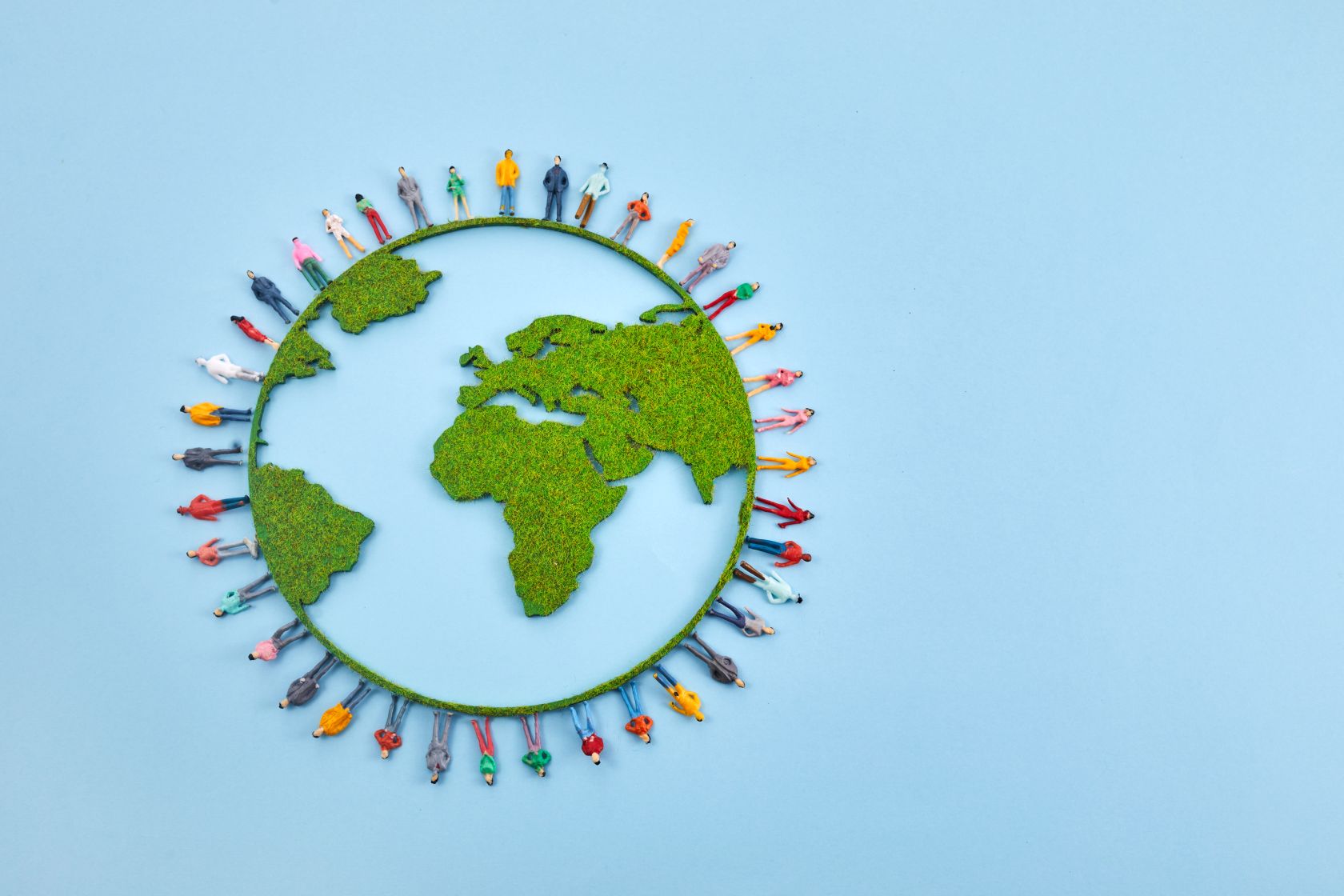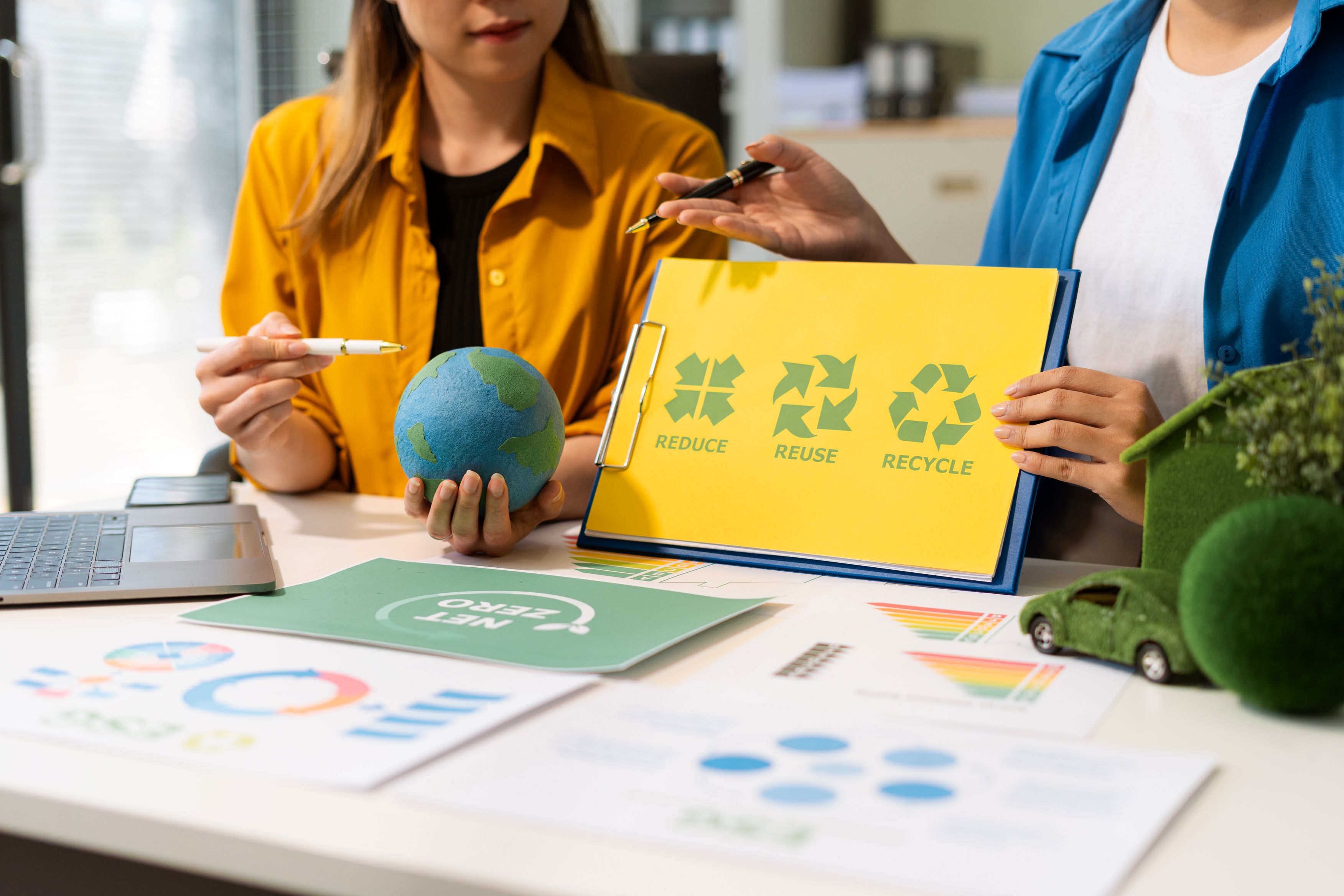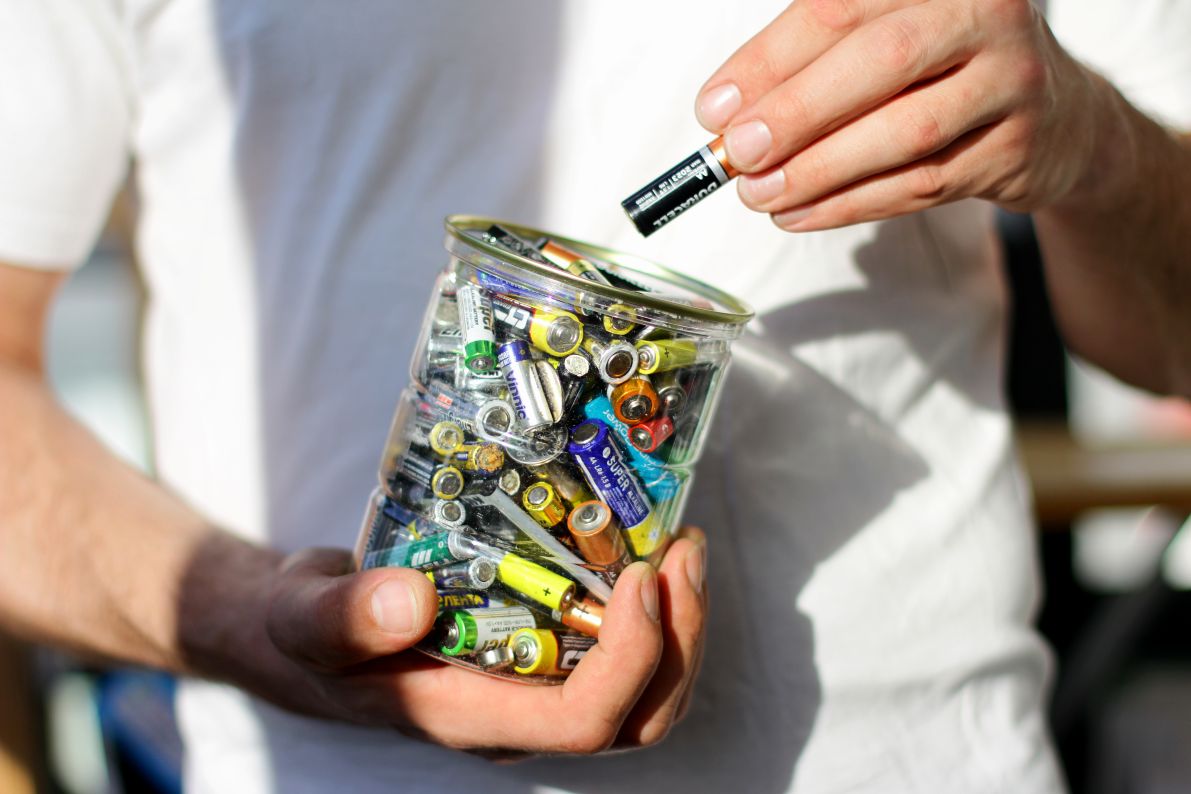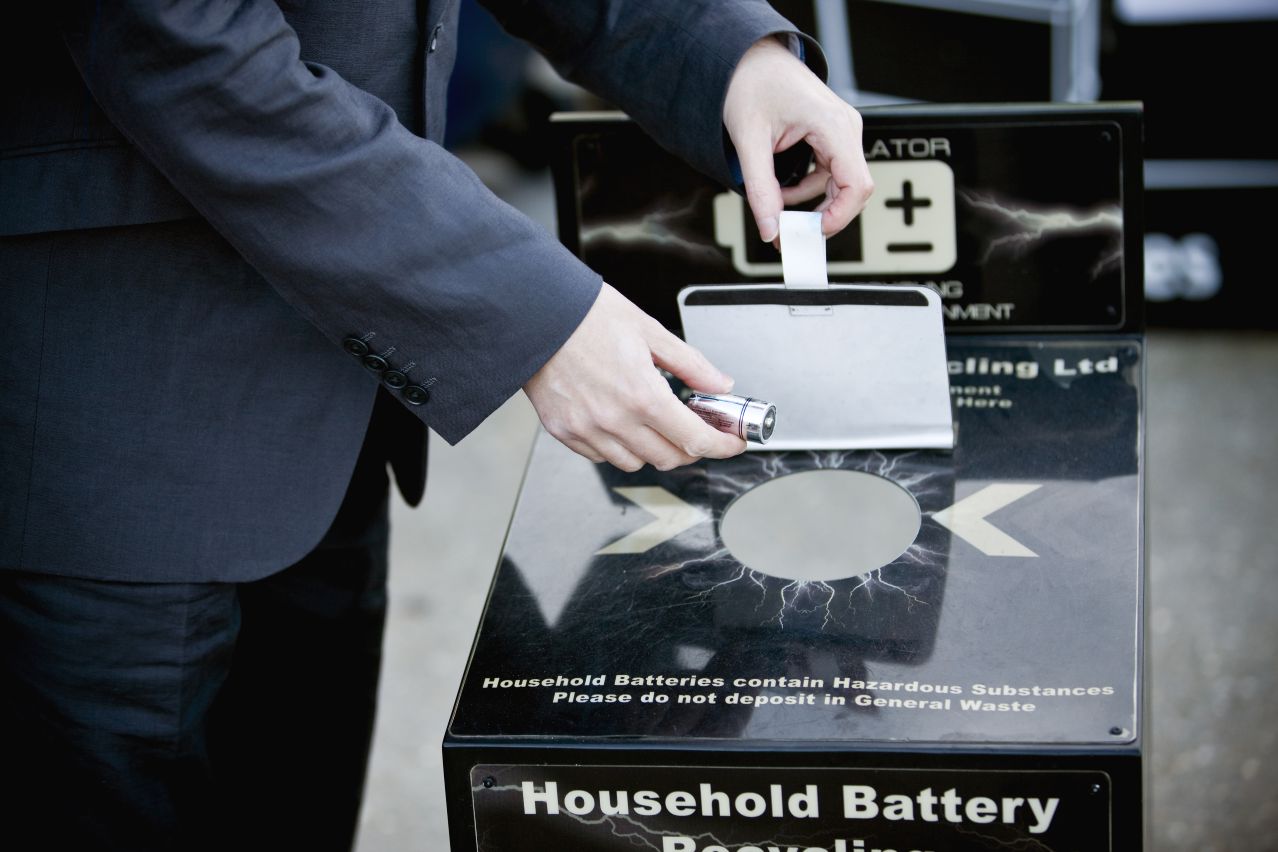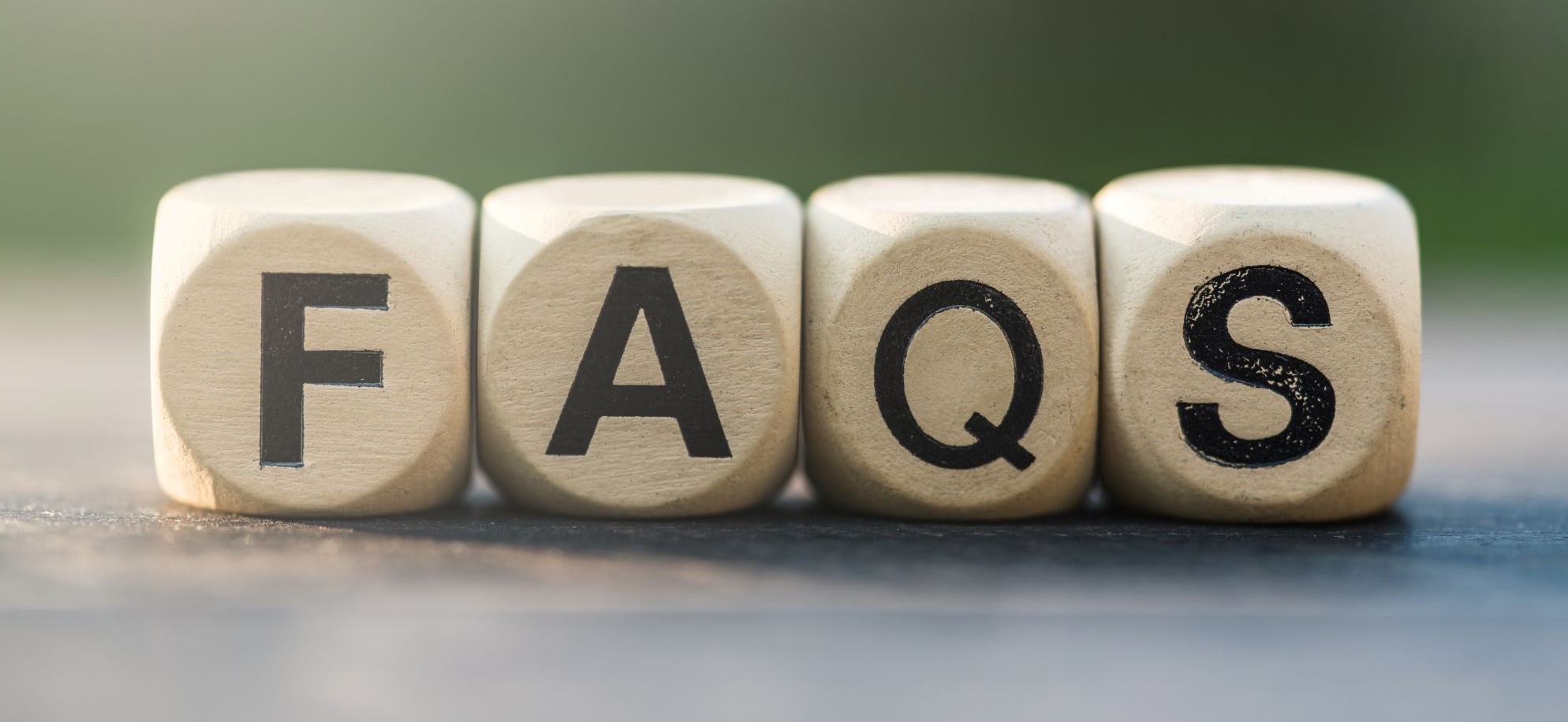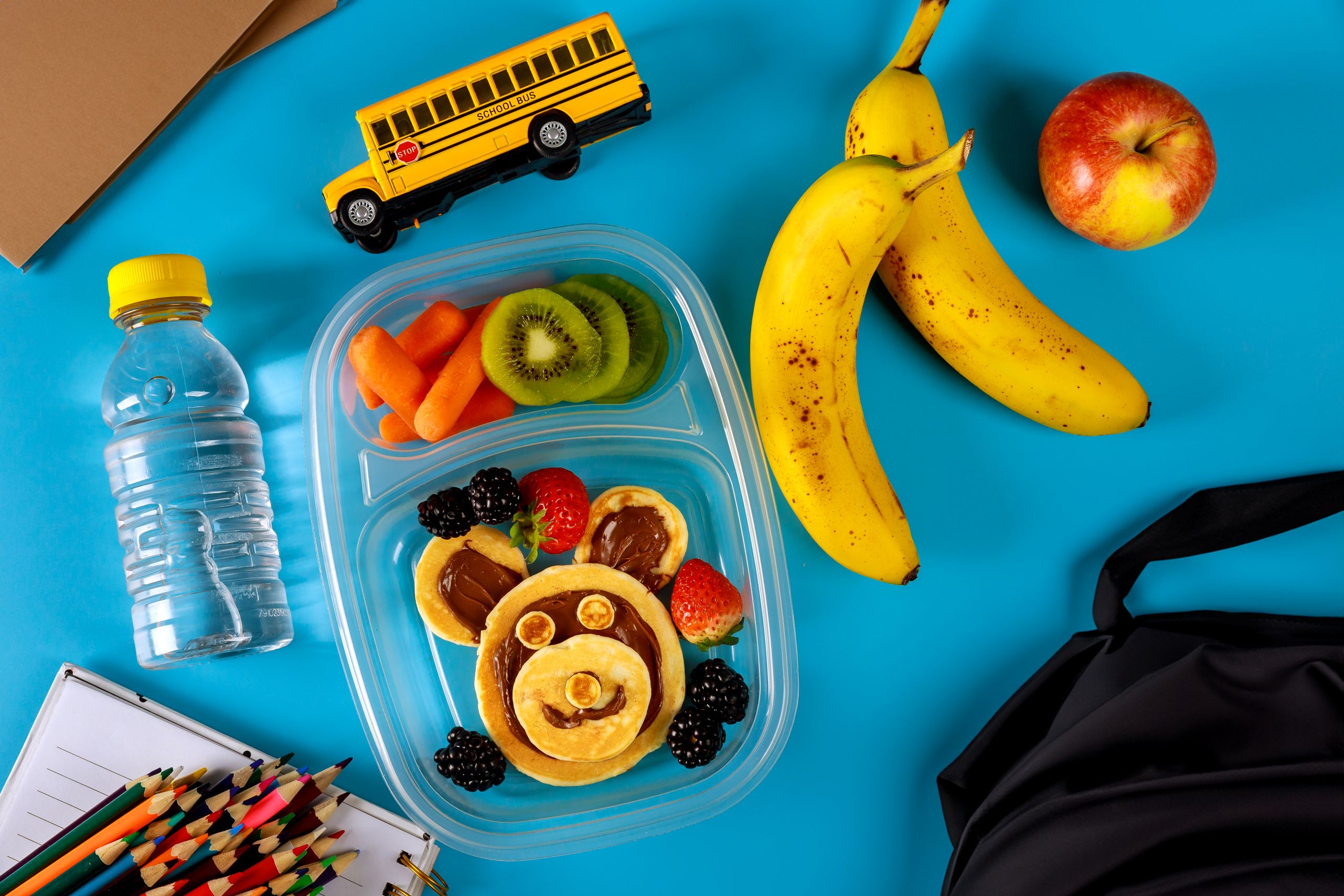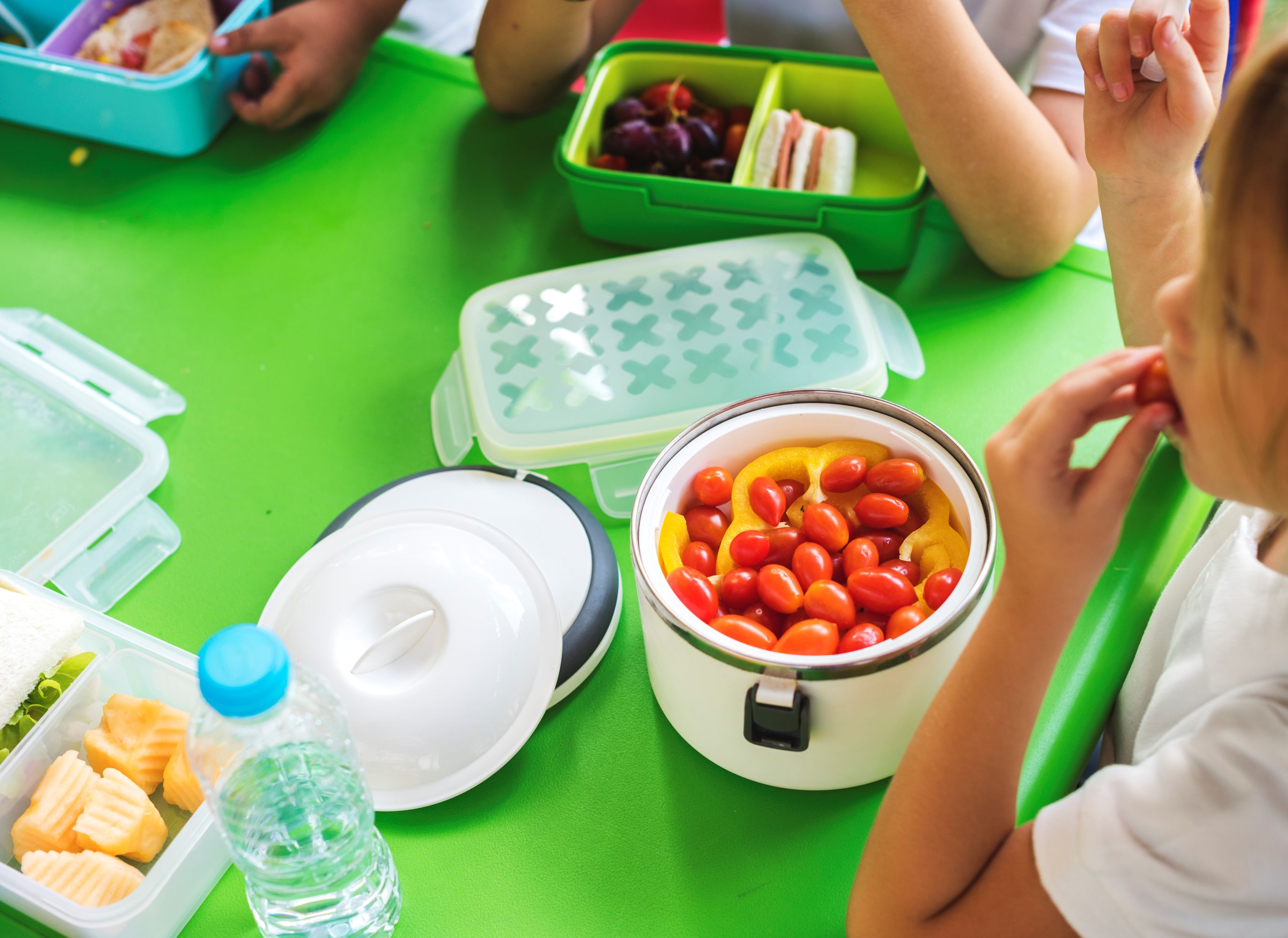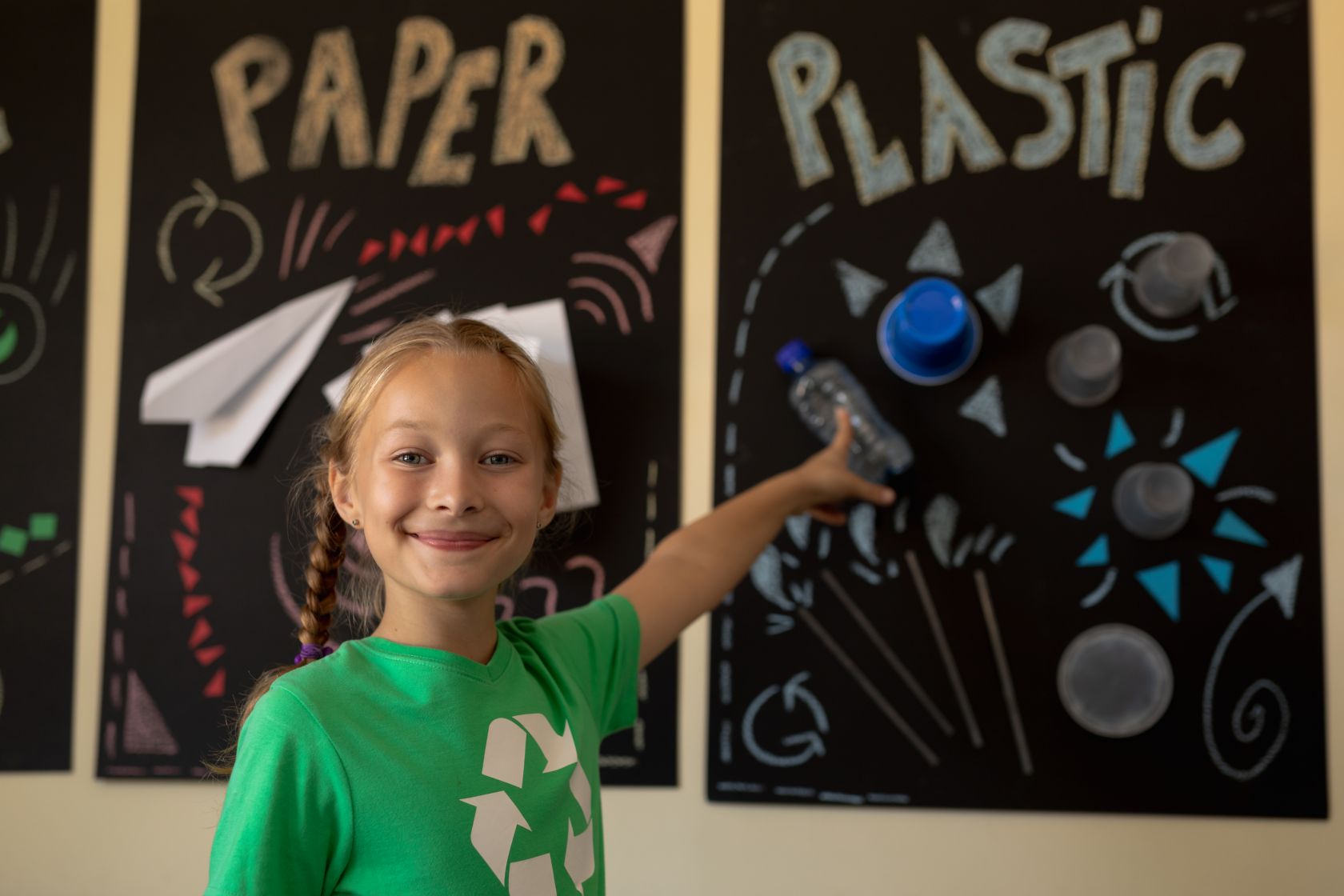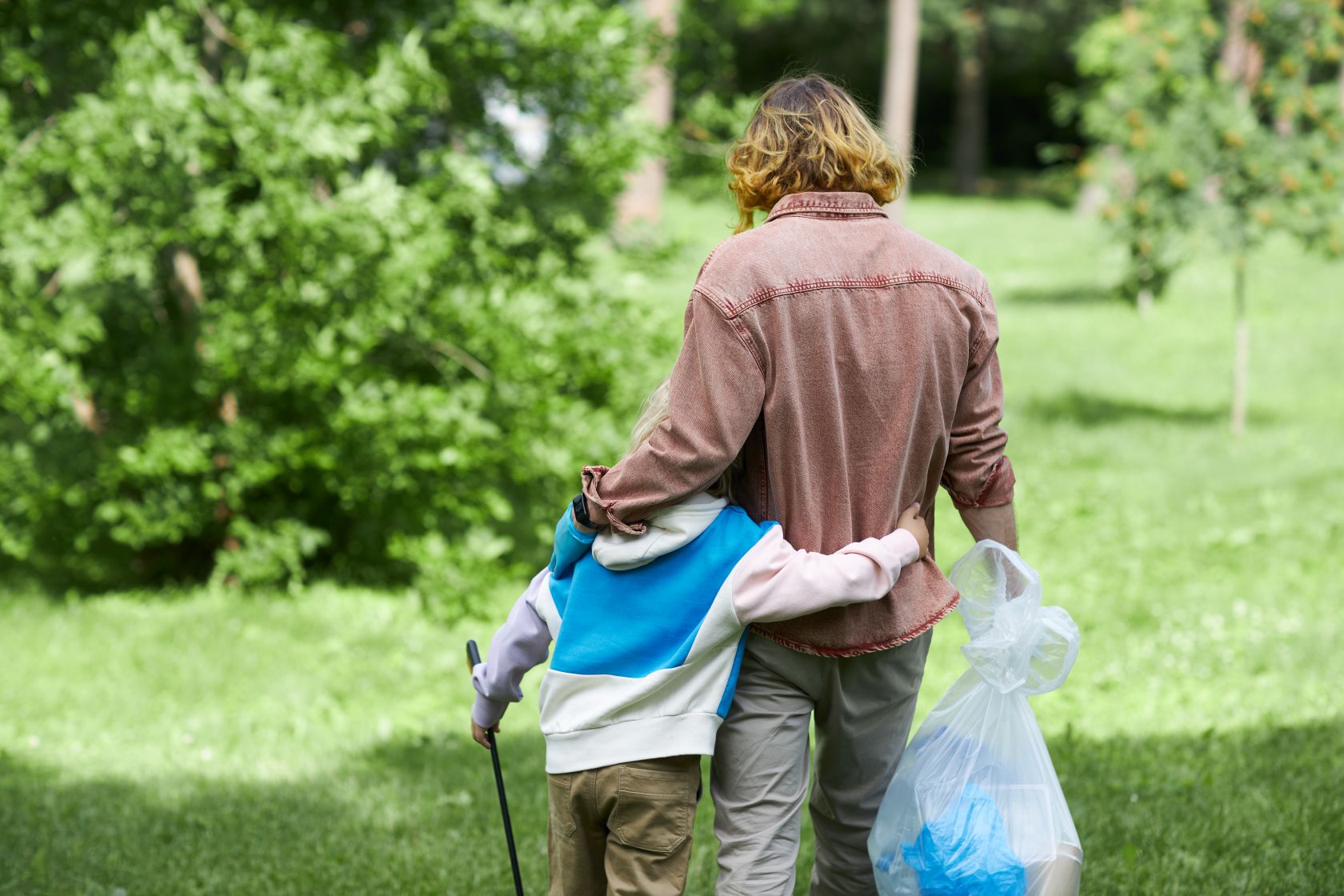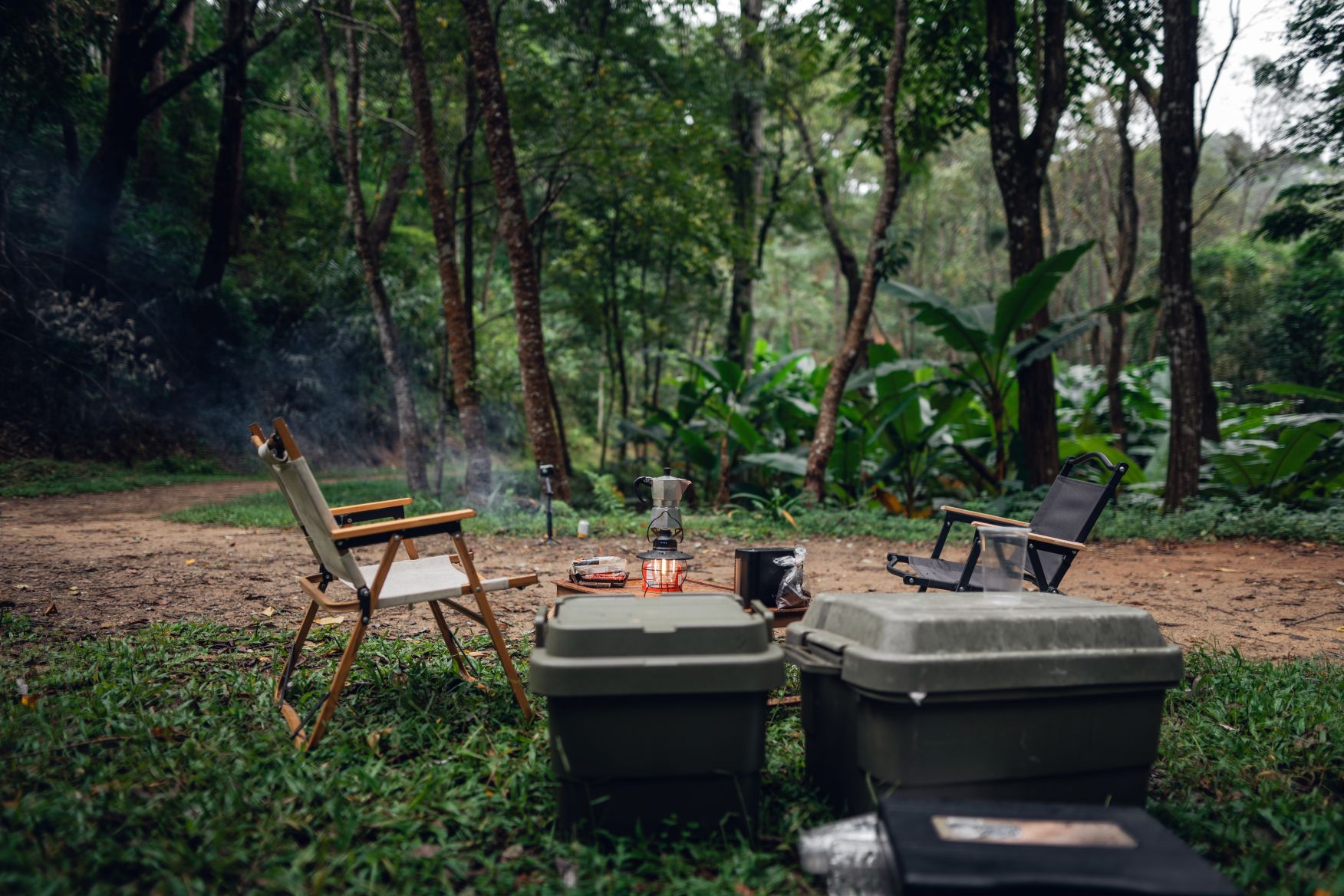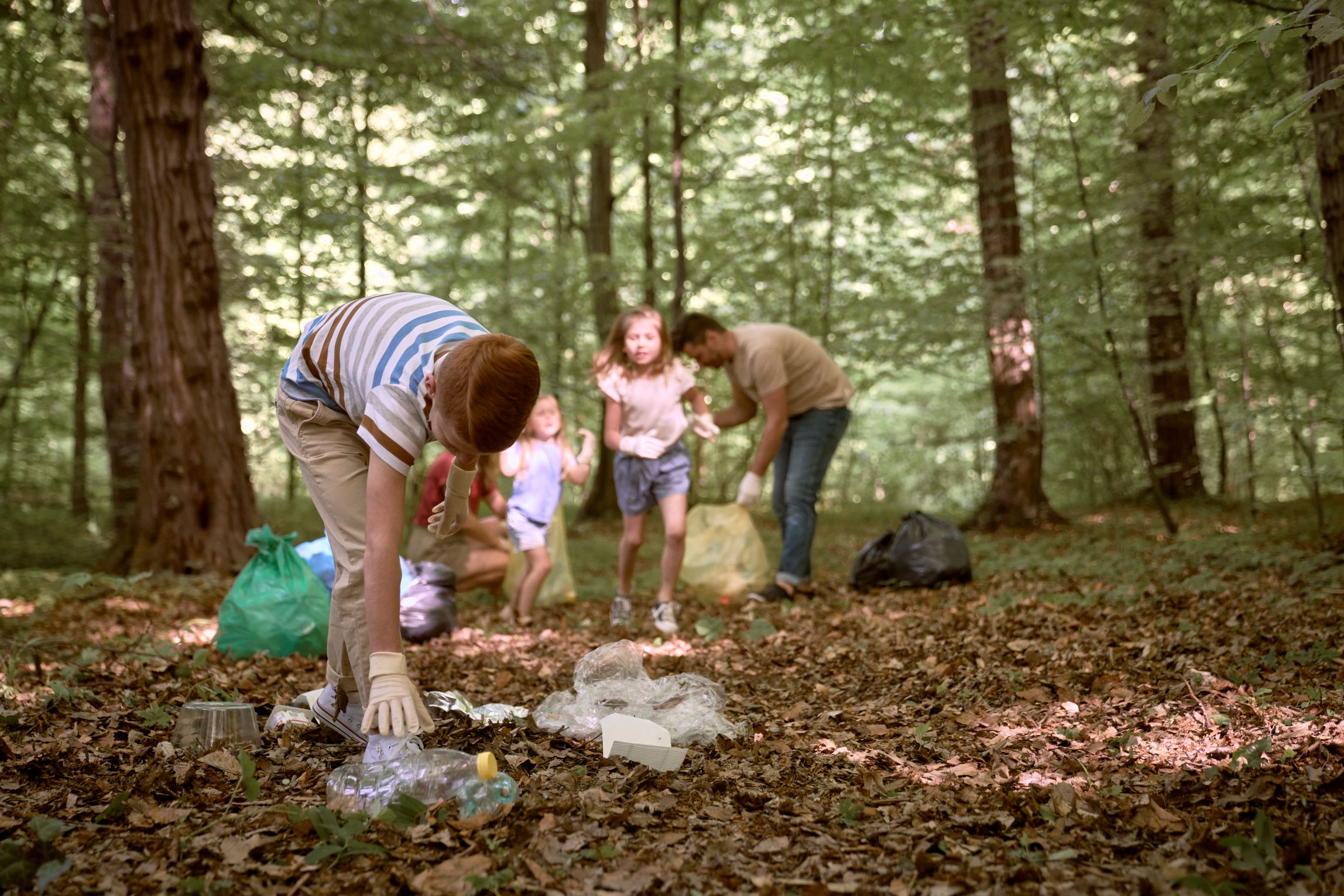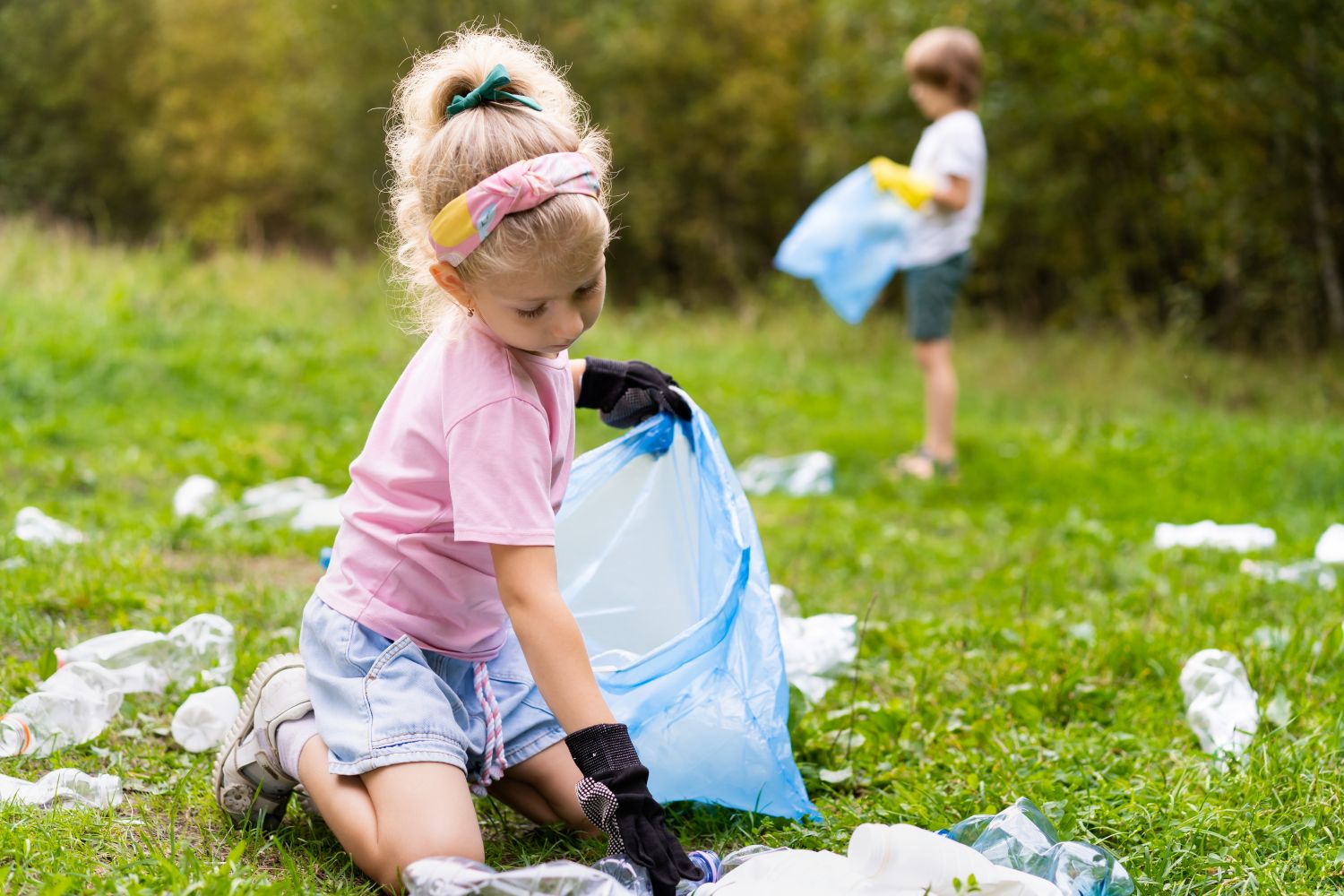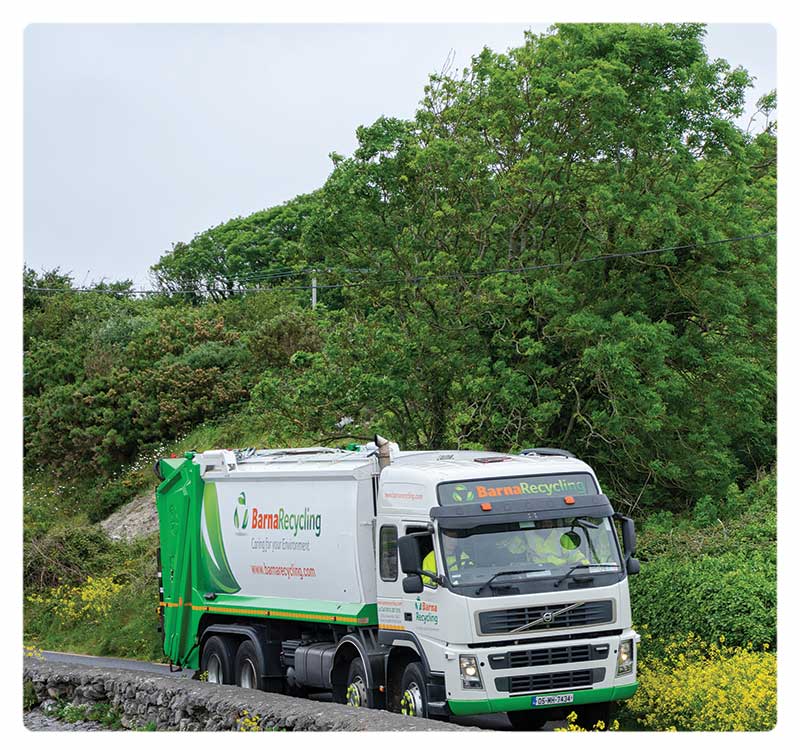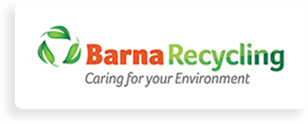- Barna Recycling
- Nov 06, 2025
Preparing for the Circular Economy: What Ireland’s New Waste Plan Means for You
Big changes are coming to how we handle waste in Ireland, and they’re set to impact every household and business across Connacht. In 2024, Ireland launched its National Waste Management Plan for a Circular Economy (NWMCE), a comprehensive roadmap designed to shift our current linear waste habits (‘take, make, dispose’) to a more sustainable, circular model focused on reuse, repair, and recycling.
But what exactly is a circular economy? Why does it matter to you? And how can Barna Recycling help you stay ahead of the curve?
In this blog, we break down what the circular economy means in practical terms, outline the key changes coming down the line, and offer actionable steps you can take now to future-proof your household or business.
What is a Circular Economy?
At its core, a circular economy is about keeping resources in use for as long as possible. Instead of throwing things away after a single use, we reuse, repair, share, refurbish and recycle. This model reduces pressure on the environment, reduces waste, and helps create a more resilient local economy.
For example:
- Fixing a broken chair instead of dumping it
- Choosing products with less packaging
- Donating or selling unwanted goods
- Composting food waste
In the context of waste management, a circular economy means reducing the amount of waste we generate in the first place, improving segregation of waste streams, and increasing recycling and recovery rates.
Key Points from Ireland’s New Waste Plan
The new NWMCE is Ireland’s first waste management strategy that fully embraces circular economy principles. Here are some of the main goals and shifts it brings:
- Waste Prevention as Priority
Prevention is now the top of the waste hierarchy. The plan encourages smarter consumption and aims to reduce waste generation by at least 10% per capita by 2030. - Stricter Rules on Contamination
Households and businesses will be held to higher standards when it comes to bin contamination. Incorrect sorting could result in rejected collections and possible charges. - Mandatory Segregation for Businesses
Starting in July 2025, all Irish businesses are required to separate organic, recyclable, and general waste correctly, with fines for non-compliance. - Focus on Reuse & Repair
New infrastructure and funding will support repair hubs, swap shops, and reuse initiatives across the regions. - Producer Responsibility Expansion
Brands will need to take more responsibility for the full life cycle of their products and packaging. - Local Authority Action Plans
Every county and city must develop local Circular Economy Action Plans. This includes Galway, Mayo, Roscommon, and the surrounding areas.
What Does This Mean for You?
Whether you’re a homeowner or a small business, the new waste plan brings both responsibility and opportunity.
For Households:
- Expect more guidance and checks on how you sort your waste
- Take advantage of local repair cafes and swap events
- Be mindful when buying: choose durable, repairable products
- Be aware of good and bad packaging for recycling or reuse when making purchases
- Compost food waste at home or use your brown bin properly
For Businesses:
- Review your waste segregation systems now
- Train staff on correct waste sorting practices
- Prepare for documentation requirements
- Consider reusable packaging or take-back schemes
How Barna Recycling Can Help
As Connacht’s leading waste management provider, Barna Recycling is ready to support households and businesses as they transition to a circular economy.
- Expert Advice: Our team can guide you through compliance with the new rules
- Education Resources: We provide bin labels and flyers for schools and businesses
- Collection Services: From brown bin support to recycling pickups, we help you segregate properly
- Reuse & Recovery Focus: We’re investing in systems that prioritise waste prevention and material recovery
We’re committed to supporting Connacht communities in reducing waste and creating a more circular, sustainable region.
Start Today for a Greener Tomorrow
The shift to a circular economy won’t happen overnight, but every small step counts. Whether it’s fixing a toaster instead of tossing it or teaching your children to recycle right, the change begins at home and in the workplace.
Don’t wait until the new rules catch you off guard. Partner with Barna Recycling today to stay ahead and make a positive impact on our local environment.
Ready to take action? Sign up now for Barna Recycling services and start your journey towards a circular lifestyle.

